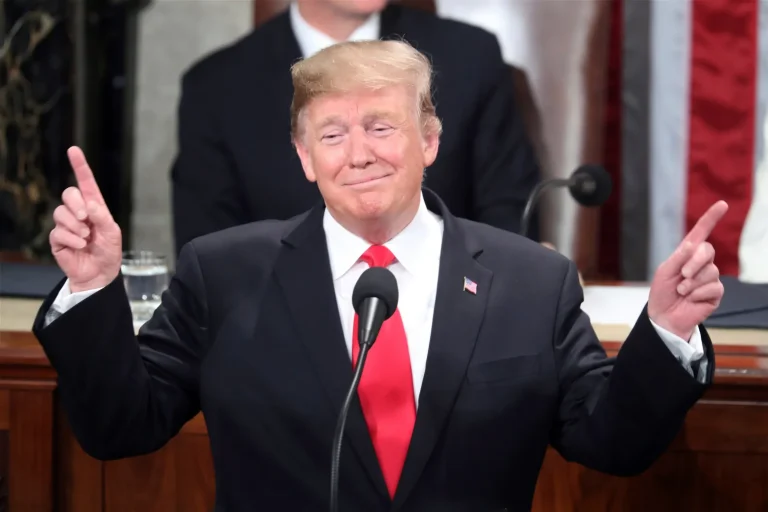NOTE: VIDEO AT THE END OF ARTICLE
CNN anchor Jake Tapper recently made waves with candid remarks about the national media’s treatment of President Joe Biden’s cognitive health while in office. During a discussion on “The Remnant” podcast with Jonah Goldberg, Tapper acknowledged that much of the press functioned in alignment with the Democratic Party, especially in its handling of Biden’s mental state.
Goldberg argued that had Biden been a Republican, the media would have covered signs of decline far more aggressively. Tapper didn’t push back on that idea, noting that many in the industry had adopted a mindset that serving Democratic interests was part of journalism.
“I don’t disagree with your general premise,” Tapper said. “There are definitely journalists and professors who have pushed the idea that reporting should align with the Democratic Party’s goals. That’s just not what journalism is supposed to be.”
Tapper added that partisanship wasn’t the whole issue — instead, he pointed to “groupthink” and pressure within newsrooms. “There’s a lot of intimidation and a real culture of conformity in the press,” he explained. “And that’s dangerous.”
He further speculated that if Biden had faced a more traditional conservative opponent, the media might have been more critical — but then admitted the press was harsh on Mitt Romney in 2012, too. “It’s messy. There aren’t easy answers here,” Tapper noted.
In a follow-up appearance on “Open To Debate,” Tapper revealed that he didn’t vote for either Biden or Trump in the last election and criticized both parties, distancing himself from claims of bias. But he admitted his own reporting fell short.
“What shaped my coverage wasn’t my politics — it was the fact that a lot of people were lying to us,” he said, referring to Democratic insiders who allegedly downplayed Biden’s condition. “I should’ve been more skeptical.”
Tapper is currently promoting his book Original Sin, which dives into the Biden administration’s internal handling of the president’s health and the press’s failure to hold power accountable. While some have criticized Tapper for only now sounding the alarm, he has framed the book as a personal reckoning.
His comments have reignited debates around press objectivity, transparency, and the influence of political ideology in newsrooms — especially as voters reassess media trust heading into 2025 and beyond.

James Jenkins is a celebrated Pulitzer Prize-winning author whose work has reshaped the way readers think about social justice and human rights in America. Raised in Atlanta, Georgia, James grew up in a community that instilled in him both resilience and a strong sense of responsibility toward others. After studying political science and creative writing at Howard University, he worked as a journalist covering civil rights issues before dedicating himself fully to fiction. His novels are known for their sharp, empathetic portraits of marginalized communities and for weaving personal stories with broader political realities. Jenkins’s breakout novel, Shadows of Freedom, won national acclaim for its unflinching look at systemic inequality, while his more recent works explore themes of identity, resilience, and the fight for dignity in the face of oppression. Beyond his novels, James is an active public speaker, lecturing at universities and participating in nonprofit initiatives that support literacy and community empowerment. He believes that storytelling is a way to preserve history and inspire change. When not writing, James enjoys jazz music, mentoring young writers, and traveling with his family to explore cultures and stories around the world.









